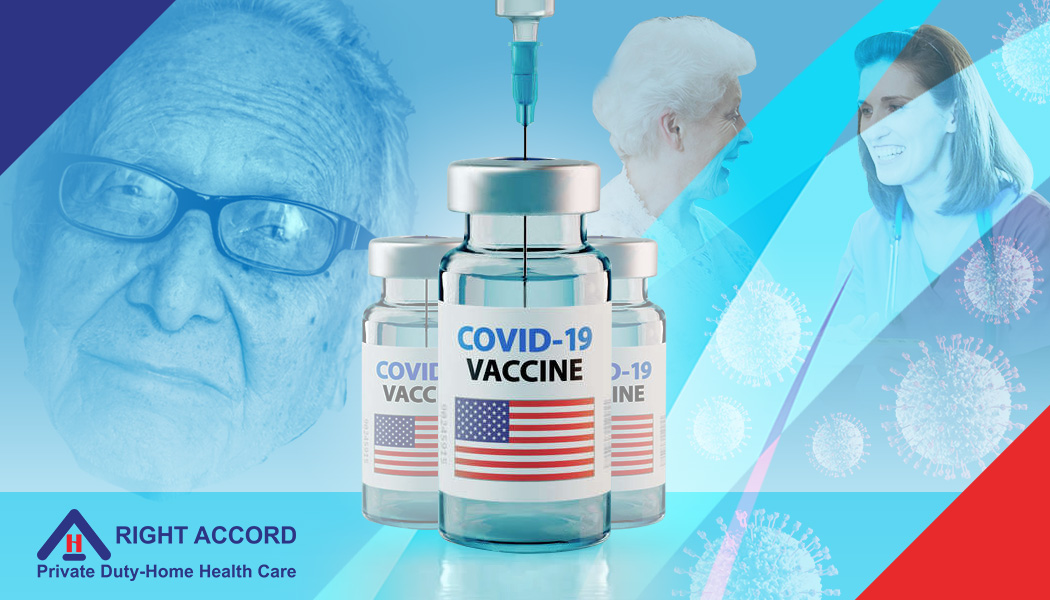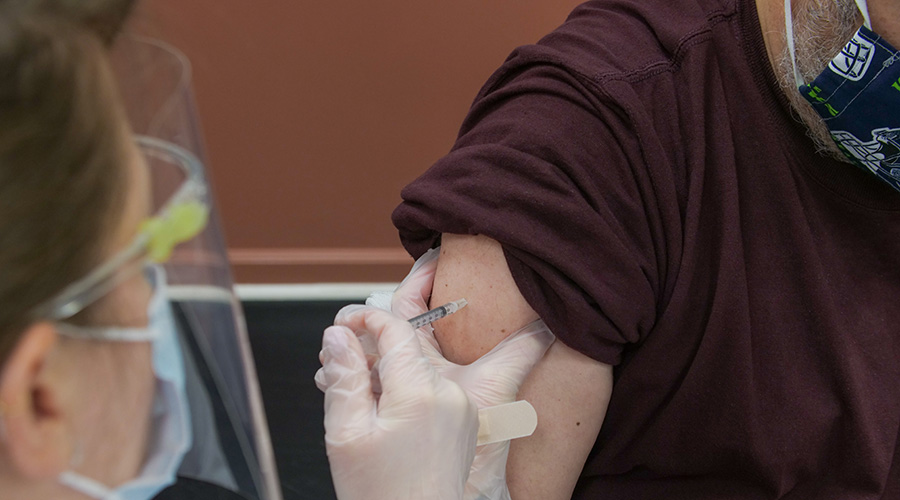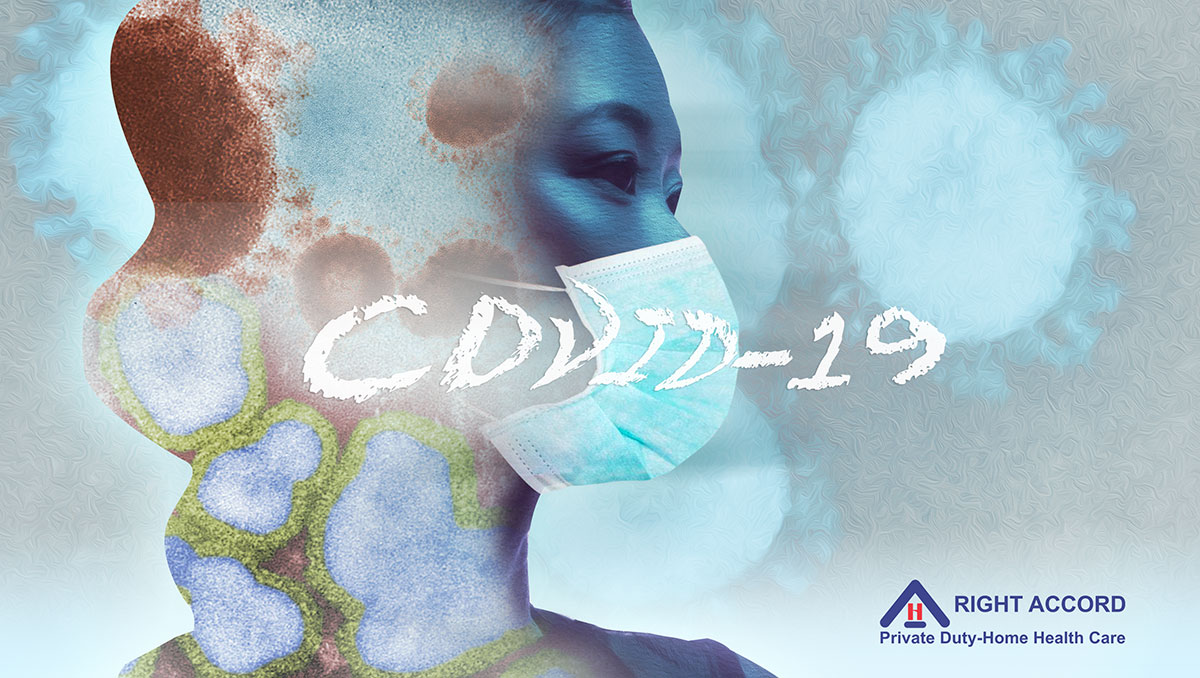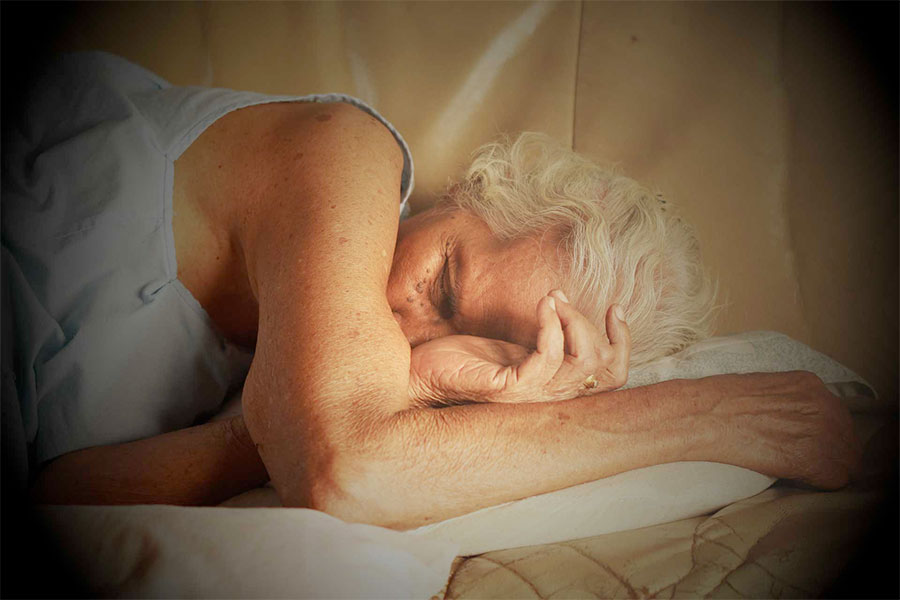· 8 min read
Is There an Effective COVID-19 Vaccine Available for Elderly Today?
As COVID-19 vaccines arrived, CDC announced that adults aged 65 years and above will be first to receive the Covid-19 vaccination. But how effective can it be?

By: Rosemarie Tamunday Casanova — RN, BSN, MHA
The COVID-19 pandemic is having an unprecedented impact on the global population in many ways. In many nations, the elderly are facing the most threats and challenges.
Even though all age groups are at a risk of contracting the dreaded COVID-19, senior individuals face a significantly higher risk of developing a more severe form of the illness if they contract the disease as a result of the physiological changes associated with ageing and other potential underlying health conditions.
In people 60 years and above, who have health conditions such as lung disease, heart disease, diabetes mellitus or other conditions which affect their immune system, COVID-19 is often more severe. More than 90% of deaths due to Covid-19 have occurred in people older than 60 years and over 50% of fatalities have involved individuals aged 80 years or more.
It is important therefore that there is support for older people as well as their families and caregivers as a part of the comprehensive response of countries to the pandemic. Elderly people require safe access to nutritious food, money, basic supplies, drugs to support their physical health as well as social care, especially now during times of isolation and quarantine.
More importantly, elderly people need safe and easy access to Covid-19 vaccines which would significantly increase their chances of surviving the viral disease.
Is there an effective Covid-19 vaccine available for seniors?

Since the early months of 2020, there has been a race among several pharmaceutical companies to produce a safe and effective vaccine for the novel coronavirus disease.
Although the long-awaited COVID-19 vaccines have arrived, the Centers for Disease Control and Prevention says that the demand for them will very likely exceed their current supply. Pfizer and Moderna both have reported in their recent press releases, vaccine efficacy of more than 90% for their mRNA vaccines and only a few concerns for long-term safety.
The reported high vaccine efficacy would likely encourage many older adults to get vaccinated as a recent survey revealed that 4 in 5 respondents considered vaccine efficacy a very important factor in their decision to get a COVID-19 vaccine.
It has been announced that the priority groups to first receive the Covid-19 vaccination are adults aged 65 years and above and persons at high risk for severe COVID-19 illness owing to their underlying medical conditions.
As of 4th December 2020, the cases of COVID-19 have gone beyond 14.3 million in the United States, with almost 300, 000 associated deaths. Even though mitigation measures like social distancing, the use of face masks, and avoidance of large gatherings of people are able keep a check on case counts, it is essential to have a safe and effective COVID-19 vaccine with a wide enough coverage that delivers herd immunity in order to effectively end the pandemic.
Concerns about Covid-19 vaccination and the elderly
While most of the world is anxious to receive the Covid-19 vaccine which is currently in limited supply, there are still mixed feelings about the vaccine especially amongst the elderly and their caregivers.
In a recent survey amongst seniors by the National Poll on Healthy Aging, almost half of the respondents entertained concerns regarding the safety of a COVID-19 vaccine that was so quickly developed. Asked about their decision whether or not to receive a Covid-19 vaccination, older adults considered the following factors as very important:
- How well it works (80%)
- Their own research (56%)
- Recommendation by their physician (52%)
- Recommendation by public health officials (42%)
- Recommendation by family and friends (13%)
Some respondents also worried about cost but so far, COVID-19 vaccines in the US have been and are expected to continue to be made available at no cost to all residents of the United States.
The survey also revealed a comparatively lower interest in receiving a COVID-19 vaccine among Black and Hispanic elderly persons, even though these communities experience higher rates of COVID-19 cases and its associated complications.
Even though plans for final distribution are still under way, an increased risk of severe disease and death among older adults have made them a priority group for immunization.
An effective vaccine however, may not be of much benefit across the population if enough persons are not willing to receive it.

Photo by Daniel Schludi on Unsplash
Increasing Confidence in the Covid-19 vaccine amongst the elderly
As many elderly people say that they would take the vaccine if recommended by their physicians, this presents an excellent opportunity for education and counselling.
With the existing time constraints during hospital consultations, it is recommended that physicians be provided with resources for patient education that are streamlined and easy to understand in order to help in discussions concerning COVID-19 vaccines.
This should include information that clearly describes the potential benefits as well as possible risks of temporary side effects associated with immunization, such as fevers, fatigue, muscle aches, etc.
It is important to note that the CDC reports that clinical trials for the Covid-19 vaccine which included elderly people over 65 years did not find any serious safety concerns.
However, along with the Food and Drug Administration (FDA), the CDC says it continues to monitor any unexpected side effects which may call for a change in the current recommendations for vaccination.
Making Long-Term Care Residents a priority for Covid -19 Vaccination
In the US, there are approximately 3.5 million persons living in long term care facilities which include assisted living, skilled nursing facilities, independent living and continuing care retirement communities.
After the report of the CDC and the state of Washington of the presumed first hospitalizations due to COVID-19 in a long term care facility on 29th February, 2020, such facilities alongside prisons have remained COVID-19 hotspots.
Long term care facilities are recording about 5,000 deaths weekly related to COVID-19 and over 1,000 of their workers have reportedly died from the virus. Living in such communities where there are many other seniors who equally have reduced immune systems and underling health conditions significantly increases the chances of very rapid spread in the confined space.
As a result, it is imperative that these communities of elderly individuals who are at a high risk be prioritized ahead of the rest of the population.
On the 11th of December 2020, the Advisory Committee on Immunization Practices recommended that individuals living in long-term care facilities such as assisted living facilities and nursing homes should be made a priority in the rollout of the vaccine. While some states may decide to go on with these recommendations, others may choose to make use of a different plan.
Unlike it seems to be so far with the rest of the population, the process of vaccinating older adults who live in long term care facilities is expected to be fairly straightforward as it is understandably easier to get vaccines across to people resident in a defined geographical setting.
Many elderly communities while strongly encouraging their residents to take the vaccine, are not making it mandatory for their residents. However, regardless of the vaccination process, current existing COVID-19 prevention practices in long term care facilities will likely remain and these include:
- COVID-19 testing of staff and residents on-site
- Restriction of visitors and non-essential workers
- Improved cleaning protocols (in particular, high traffic areas such as hallways, elevators, and doorknobs)
- Use of face masks
- Frequent hand washing
- Availability of hand sanitizers in and around the community
Many seniors report difficulty however in getting Covid-19 shots as a result of several factors - mostly the limited supply and other logistics involved. Some persons report staying in long queues outside their state health departments sometimes with no guarantees of getting the vaccine.
Regarding these difficulties, interestingly, some caregivers say they are willing to move their elderly loved ones into senior living facilities just to make sure that they are able to receive the vaccine as quickly as possible.

Photo by Steven Cornfield on Unsplash
Note to Caregivers
As seniors begin to receive COVID-19 vaccination, many elderly individuals are relying on their family networks to get access to the vaccine. Many families are realising that the burden of ensuring their elderly loved ones get vaccinated is falling almost entirely on them.
As a caregiver, you may harbour concerns about your elderly loved one’s chances of getting the COVID-19 vaccine. Some states do prioritize seniors who live in long long-term care facilities but this is not obtainable in all states.
It would be helpful to contact your elderly lived ones’ healthcare providers regarding the benefits and risks of vaccination especially if they have any co-existing morbidities such as diabetes mellitus, high blood pressure or heart disease.
If your loved one resides in a long-term care facility, enquire about their plan for vaccine distribution as well as their monitoring for any adverse effects.
You may also make enquiries about some community organizations which may be offering assistance programs like the provision of transportation for seniors.
Also, some Medicare and Medicaid programs may offer transportation programs covering appointments for flu vaccinations.
These would significantly relieve the burdens associated with getting your elderly loved one vaccinated.
Takeaway
In all, having a vaccine that is safe and highly effective but with low vaccination numbers would not serve the world well. There is still a long way to go in making the vaccine widely available to all who need it.
However, the availability of a Covid-19 vaccine alone will not end the pandemic as there is need for a high uptake as well as dose completion in order to achieve its mitigation potential.
With the widespread transmission across the United States, and the risk of severe illness amongst the elderly, it is hoped that when faced with the the choice of receiving the vaccine, even if an individual harbours some lingering concerns about safety, they may ultimately make the right choice.



